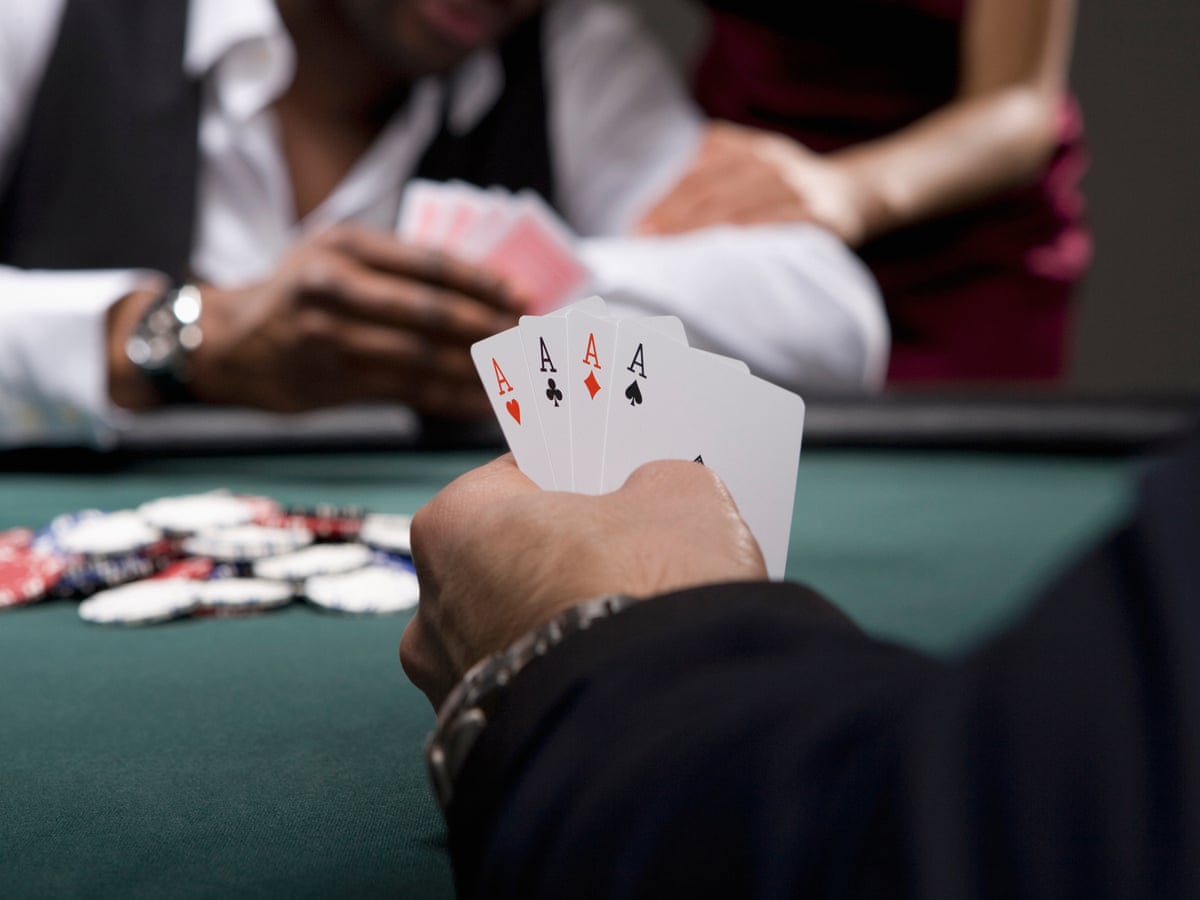Gambling has been a popular pastime for centuries, and it continues to be a significant part of our culture. Some people gamble for fun and entertainment, while others do it to make money. But, who is most likely to gamble? This question has been studied by many researchers, and the answer may surprise you. In this article, we will explore the demographics and personality traits that are most likely to be associated with gambling.
Table of Contents
Demographics
One of the most significant factors that determine whether someone is likely to gamble is their demographic background. In general, men are more likely to gamble than women. According to a study conducted by the National Council on 사설 토토사이트 Gambling, men are twice as likely to develop a gambling problem than women. This could be due to a variety of factors, such as cultural norms that encourage risk-taking behavior in men or the fact that men are more likely to have disposable income.
Age is another demographic factor that influences gambling behavior. Young adults are more likely to gamble than older adults. This could be due to the fact that younger people have fewer financial responsibilities and are more likely to take risks. Additionally, young adults are more likely to be exposed to gambling through social media, advertisements, and pop culture.
Finally, people with higher levels of education and income are more likely to gamble than those with lower levels of education and income. This could be due to the fact that people with higher education and income have more disposable income to spend on gambling. Additionally, people with higher education and income may have more exposure to gambling through their social networks and communities.
Personality Traits
In addition to demographics, certain personality traits are also associated with gambling behavior. The following traits are some of the most commonly observed in people who gamble:
Impulsivity: People who are impulsive are more likely to gamble than those who are not. This could be due to the fact that gambling offers immediate rewards and gratification, which appeals to impulsive people.
Sensation-seeking: Sensation-seeking is a personality trait characterized by a desire for novel and intense experiences. People who are high in sensation-seeking are more likely to gamble than those who are low in sensation-seeking. This could be due to the fact that gambling provides a unique and exciting experience that appeals to sensation-seekers.
Competitiveness: People who are highly competitive are more likely to gamble than those who are not. This could be due to the fact that gambling involves a degree of competition and skill, which appeals to competitive people.
Low self-esteem: People with low self-esteem are more likely to gamble than those with high self-esteem. This could be due to the fact that 사설 토토사이트 provides a way to escape from negative emotions and feelings of inadequacy.
Other Factors
In addition to demographics and personality traits, there are several other factors that can influence gambling behavior. These include:
Social norms: In cultures where gambling is widely accepted and encouraged, people are more likely to gamble than in cultures where gambling is stigmatized.
Availability: People are more likely to gamble when gambling opportunities are readily available. This could be due to the fact that gambling becomes more normalized and accepted when it is widely available.
Mental health: People with certain mental health conditions, such as depression or anxiety, are more likely to gamble than those without these conditions. This could be due to the fact that gambling provides a way to cope with negative emotions.
Conclusion
In conclusion, the question of who is most likely to gamble is a complex one. Demographics, personality traits, social norms, availability, and mental health all play a role in determining whether someone is likely to gamble. While men, young adults, and people with higher education and income are more likely to gamble, personality traits such as impulsivity, sensation-seeking, competitiveness, and low self-esteem also play a significant role.


